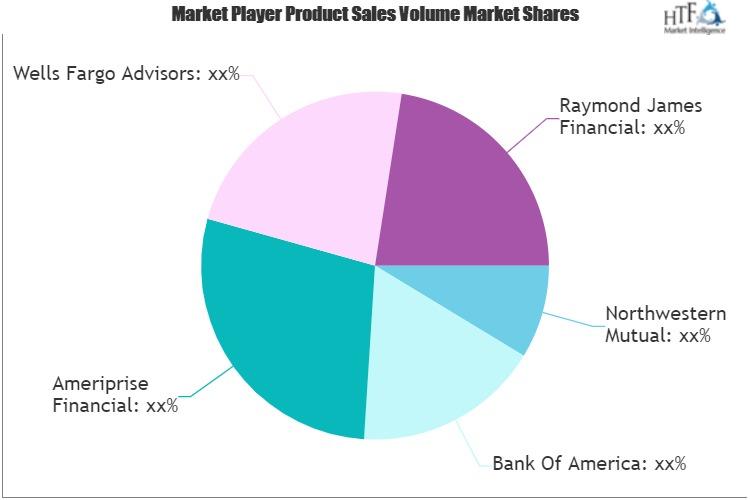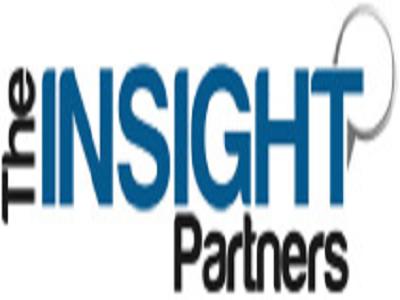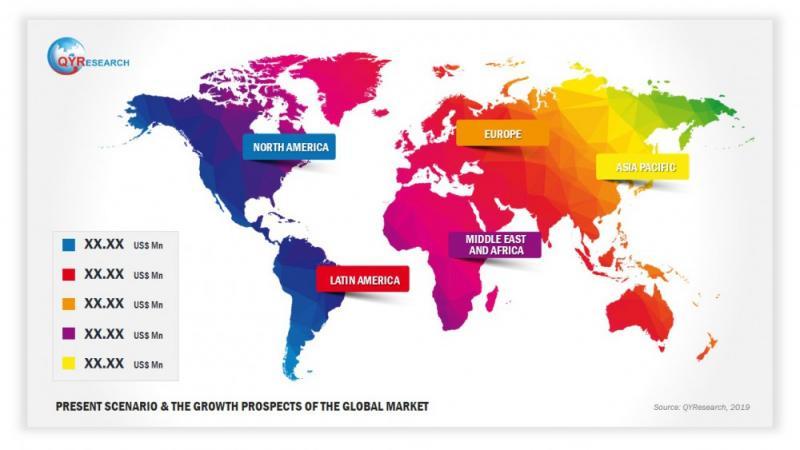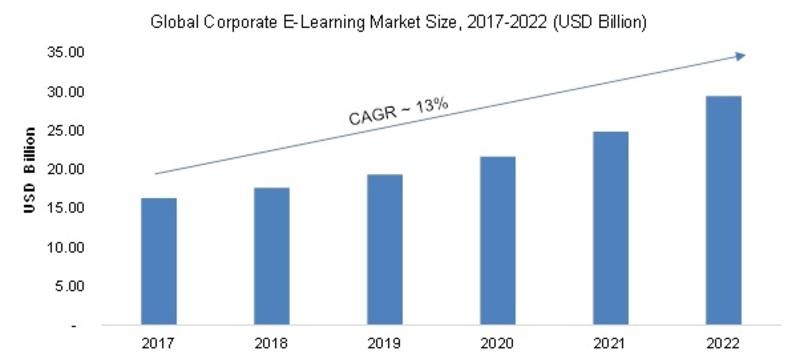Press release
Miebach Consulting Study about the Supply Chain Due Diligence Act: Social sustainability by legislation?
Frankfurt am Main, January 31, 2023. The German Supply Chain Due Diligence Act, which became effective on January 1, 2023, is currently stirring up controversy. Supporters see the regulation primarily as a necessary instrument to motivate companies to act more sustainably and make improvements in terms of human rights, working conditions, fair pay, etc. Others argue that the legislation will not bring about any noticeable changes in society and will also lead to high bureaucratic hurdles for companies.
What do German companies think of the new legislation and are they sufficiently prepared for it? To address these questions, Miebach Consulting, in collaboration with GS1 Germany, conducted a study with nearly 500 participants in the summer of 2022 to determine the attitude of German businesses toward the upcoming regulations, as well as what measures have already been taken or are planned.
In general, the study participants' expectations of the Supply Chain Due Diligence Act can be described as positive, although not everyone is yet willing to pay the price for sustainability. Almost half of the participants stated that the legislation will have a positive impact on the environment and society or can contribute to fair competition. On the other hand, 41% of companies focus on the increasing administrative burden and higher costs, especially since the specific requirements of the law are unclear to many companies and responsible employees.
In contrast to highly regulated industries, transparency in the supply chain in particular could become a challenge for companies from less regulated industries. While there is often still sufficient transparency for Tier 1 suppliers, data on human rights- or environment-related obligations, such as records of weekly working hours, appropriate minimum wages, but also the handling of environmentally harmful substances and products, are often not available for Tier 2 and Tier 3 suppliers.
"Despite the possible additional costs and efforts, regulation via the Supply Chain Due Diligence Act is, in our view, an important instrument to motivate companies to be more sustainable. While more than 30% have already introduced sustainability-related measures due to customer requirements, regulations are the second most important driver for companies to start sustainability initiatives with 25%" - says Anastasiia Omelchuk, Consultant, Miebach Consulting GmbH.
In particular, many companies cite the (upcoming) legislation in Germany and even stricter regulations at the European level as the main reason for introducing a sustainability strategy. 18% name their employees as the most important driver for sustainability.
Over 60% of participating companies say they are optimistic about their preparation measures for the Supply Chain Due Diligence Act and are not making any major changes within their current supply chains or with suppliers. According to the study participants, 43% of the companies are already working on their action plan as well as measures in preparation for the law coming into force. For example, one of these actions is to work with current suppliers to ensure they are compliant with the new legislation.
Collaboration between supply chain partners is a particularly important measure with regard to the Supply Chain Due Diligence Act. However, despite numerous examples of effective sustainability collaboration, this option is still often neglected. For example, approximately 40% of study participants indicate that they primarily pursue collaboration between internal departments to promote sustainability. The data on collaboration with tier-1 suppliers (25%) and consulting firms (15%) show a positive trend, but the collaboration is still too hesitant in the context of the new law's requirements for transparency along the entire supply chain.
"In addition to cross-company collaboration, standardization in data exchange will play a crucial role for companies in the future to enable transparency and sustainable actions. The digitalization of business processes is an important requirement for this" - says Thomas Krebs, Senior Principal, Miebach Consulting GmbH.
The study can be requested from Ralf Hoffmann (hoffmann@miebach.com).
Miebach Consulting GmbH
Wiebke Tillmanns
Rotfeder-Ring 7-9
60327 Frankfurt am Main
Tel: +49 69 273992-36
E-Mail: tillmanns@miebach.com
About Miebach Consulting
Miebach Consulting offers supply chain consulting and engineering services with a strong digital expertise. Our clients range from medium-sized businesses to global companies that enhance and expand their competitive position with innovative logistics solutions. The Miebach Group, founded 1973 in Frankfurt, today has 26 offices worldwide in Europe, Asia as well as North and South America. With over 400 employees we are one of the leading international consultants in logistics and supply chain management. As a result, you get what we stand for: Supply Chain Excellence. www.miebach.com
What do German companies think of the new legislation and are they sufficiently prepared for it? To address these questions, Miebach Consulting, in collaboration with GS1 Germany, conducted a study with nearly 500 participants in the summer of 2022 to determine the attitude of German businesses toward the upcoming regulations, as well as what measures have already been taken or are planned.
In general, the study participants' expectations of the Supply Chain Due Diligence Act can be described as positive, although not everyone is yet willing to pay the price for sustainability. Almost half of the participants stated that the legislation will have a positive impact on the environment and society or can contribute to fair competition. On the other hand, 41% of companies focus on the increasing administrative burden and higher costs, especially since the specific requirements of the law are unclear to many companies and responsible employees.
In contrast to highly regulated industries, transparency in the supply chain in particular could become a challenge for companies from less regulated industries. While there is often still sufficient transparency for Tier 1 suppliers, data on human rights- or environment-related obligations, such as records of weekly working hours, appropriate minimum wages, but also the handling of environmentally harmful substances and products, are often not available for Tier 2 and Tier 3 suppliers.
"Despite the possible additional costs and efforts, regulation via the Supply Chain Due Diligence Act is, in our view, an important instrument to motivate companies to be more sustainable. While more than 30% have already introduced sustainability-related measures due to customer requirements, regulations are the second most important driver for companies to start sustainability initiatives with 25%" - says Anastasiia Omelchuk, Consultant, Miebach Consulting GmbH.
In particular, many companies cite the (upcoming) legislation in Germany and even stricter regulations at the European level as the main reason for introducing a sustainability strategy. 18% name their employees as the most important driver for sustainability.
Over 60% of participating companies say they are optimistic about their preparation measures for the Supply Chain Due Diligence Act and are not making any major changes within their current supply chains or with suppliers. According to the study participants, 43% of the companies are already working on their action plan as well as measures in preparation for the law coming into force. For example, one of these actions is to work with current suppliers to ensure they are compliant with the new legislation.
Collaboration between supply chain partners is a particularly important measure with regard to the Supply Chain Due Diligence Act. However, despite numerous examples of effective sustainability collaboration, this option is still often neglected. For example, approximately 40% of study participants indicate that they primarily pursue collaboration between internal departments to promote sustainability. The data on collaboration with tier-1 suppliers (25%) and consulting firms (15%) show a positive trend, but the collaboration is still too hesitant in the context of the new law's requirements for transparency along the entire supply chain.
"In addition to cross-company collaboration, standardization in data exchange will play a crucial role for companies in the future to enable transparency and sustainable actions. The digitalization of business processes is an important requirement for this" - says Thomas Krebs, Senior Principal, Miebach Consulting GmbH.
The study can be requested from Ralf Hoffmann (hoffmann@miebach.com).
Miebach Consulting GmbH
Wiebke Tillmanns
Rotfeder-Ring 7-9
60327 Frankfurt am Main
Tel: +49 69 273992-36
E-Mail: tillmanns@miebach.com
About Miebach Consulting
Miebach Consulting offers supply chain consulting and engineering services with a strong digital expertise. Our clients range from medium-sized businesses to global companies that enhance and expand their competitive position with innovative logistics solutions. The Miebach Group, founded 1973 in Frankfurt, today has 26 offices worldwide in Europe, Asia as well as North and South America. With over 400 employees we are one of the leading international consultants in logistics and supply chain management. As a result, you get what we stand for: Supply Chain Excellence. www.miebach.com
Permanent link to this press release:
Copy
Please set a link in the press area of your homepage
to this press release on woodPRI. woodPRI disclaims liability for any content contained in
this release.
Recommend

/newsMicroencapsulation Market Deep Analysis on Key Players - Dow Corning, Encapsys, Syngenta Crop Protection, Evonik Industries, 3M and Bayer
Market Study Report Adds Global Microencapsulation Market Size, Status and Forecast 2024 added to its database. The report provides key statistics on the current state of the industry and other analytical data to understand the market.
Extensive research is required for choosing the appropriate cor...

/newsGermany Airbag Market Size 2023: Global Share, Industry And Report Analysis By 2030 | Hyundai Mobis Co., Ltd. Key Safety Systems, Inc. Robert Bosch GmbH
Germany airbag market is expected to grow at a CAGR of around 6% during the forecast period. Germany Airbag Market research report refers to gathering and analyzing significant market data serve as best medium for various industry players to launch novel product or service. It is vital for key firms...

/newsSecurities Brokerages And Stock Exchanges Market Outlook 2021: Big Things are Happening
A new intelligence report released by HTF MI with title "Global Securities Brokerages And Stock Exchanges Market Survey & Outlook" is designed covering micro level of analysis by Insurers and key business segments, offerings and sales channels. The Global Securities Brokerages And Stock Exchange...

/newsRenewable Chemicals Market Emerging Trends and Competitive Landscape Forecast to 2028
The renewable chemicals market was valued at US$ 80,566.30 million in 2021 and is projected to reach US$ 1,76,750.76 million by 2028 it is expected to grow at a CAGR of 11.9% from 2021 to 2028. The research report focuses on the current market trends, opportunities, future potential of the market, a...

/newsHow Coronavirus is Impacting Cold Brew Coffee, Global Market Volume Analysis, Size, Share and Key Trends 2020-2026
"Market Latest Research Report 2020:
Los Angles United States, February 2020: The Cold Brew Coffee market has been garnering remarkable momentum in the recent years. The steadily escalating demand due to improving purchasing power is projected to bode well for the global market. QY Research's lates...

/newsCorporate E-Learning Market - Global Industry Size, Share, Key Players Analysis that are Infor, SkillSoft Corporation, Adrenna, CERTPOINT Systems and others with Regional Forecast to 2022
Overview:
E-Learning is used to enhance the learning procedures for newer job requirements and to make employees sound about the internal and external changes in the market and respective organizations. This method has created considerable differences in the ways of training and developing employee...
